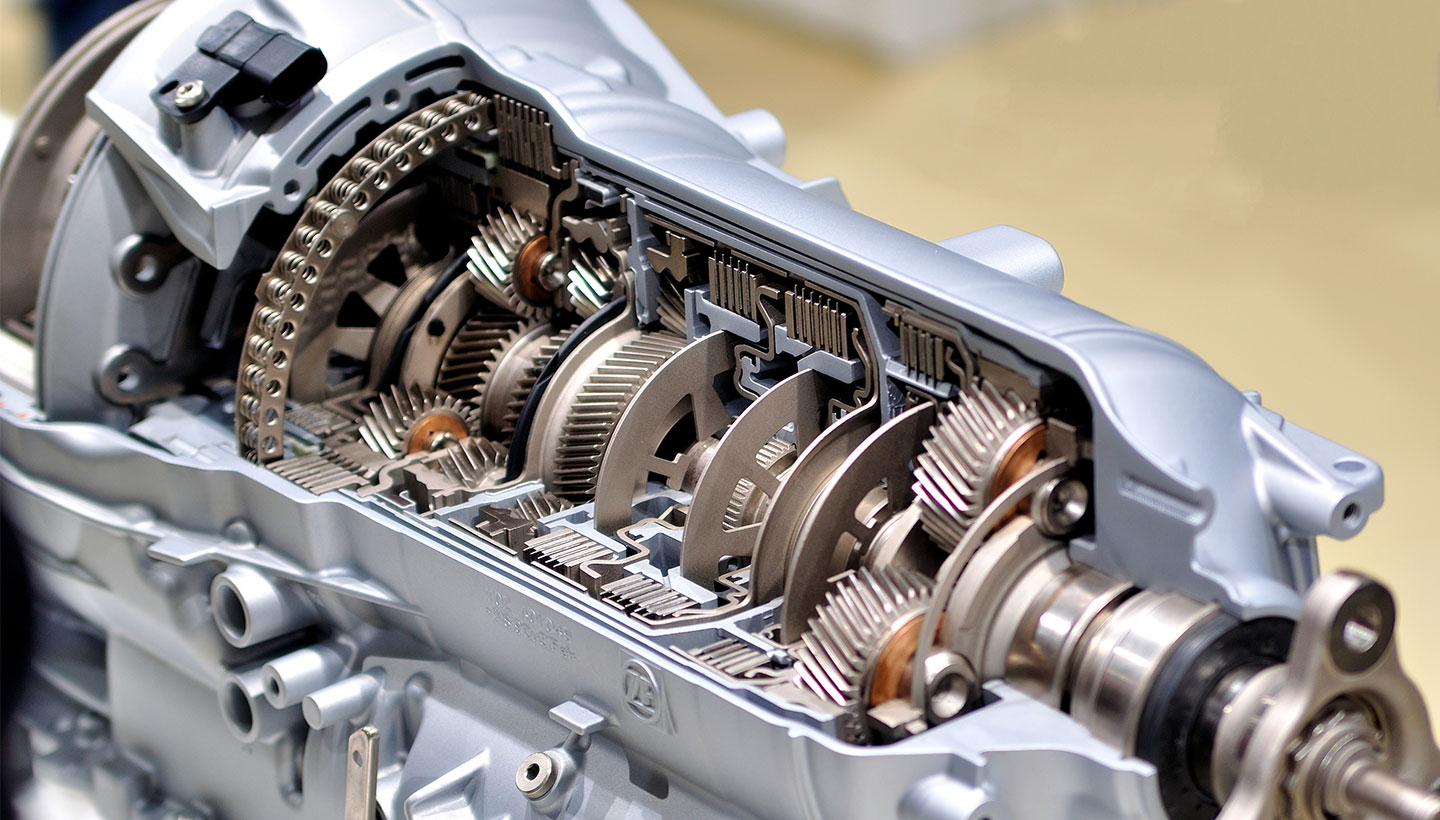Mobile:+86-311-808-126-83
Email:info@ydcastings.com
Design and Analysis of Hydraulic Impellers for Enhanced Fluid Flow Efficiency
Understanding Hydraulic Impellers Mechanisms and Applications
Hydraulic impellers are critical components in various hydraulic systems, playing a vital role in the movement of fluids. These devices are designed to convert mechanical energy from a rotating shaft into hydraulic energy, enabling the efficient transfer of fluids within a system. Their applications can be found in multiple industries, including water treatment, aerospace, marine, and power generation.
The Basics of Hydraulic Impellers
At the core of every hydraulic impeller is the concept of lift generation. When the impeller rotates, it accelerates the fluid at the impeller’s blades or vanes. As the fluid flows outward due to centrifugal forces, it gains kinetic energy, which is then transformed into hydraulic energy. This process is often dictated by the principles of fluid dynamics, which govern how fluids behave when subjected to forces.
Hydraulic impellers typically consist of several components the hub, blades, and sometimes a covering known as a shroud. The hub is the central part connected to the driving shaft, while the blades extend outward to interact with the fluid. The design and shape of the blades are crucial, as they directly influence the flow characteristics and efficiency of the impeller.
Types of Hydraulic Impellers
There are various types of hydraulic impellers, each suited to specific applications
. Some of the most common types include1. Open Impellers These impellers have blades that are not enclosed and are usually employed in applications where the fluid contains solids. The open design minimizes clogging and allows for easier maintenance.
hydraulic impeller

2. Closed Impellers These impellers, characterized by their enclosed design with a shroud, provide higher efficiency and are often used in high-pressure applications. They are widely used in pumps that require a controlled flow of liquid.
3. Semi-Open Impellers Combining features of both open and closed designs, semi-open impellers offer a balance between efficiency and the ability to handle solids.
Applications of Hydraulic Impellers
The applications of hydraulic impellers are vast and varied, showcasing their versatility. In the water treatment industry, for instance, impellers are used in pumps to move water through different stages of purification, from filtration to distribution. Their ability to handle varying flow rates and solid contents makes them indispensable in this sector.
In the aerospace industry, hydraulic impellers are crucial for systems that provide hydraulic power for flight controls and landing gear. Their reliability and efficiency can significantly affect the performance and safety of aircraft. Similarly, in marine applications, impellers are often used in propulsion systems, where they help propel vessels through water, optimizing fuel consumption and speed.
The power generation sector also utilizes hydraulic impellers in hydroelectric power plants. Here, large impellers combined with turbines harness the kinetic energy of flowing water, converting it into electrical energy. This application underscores the importance of efficiency and durability since any failure in the impeller can lead to substantial downtime and financial loss.
Conclusion
Hydraulic impellers are integral components across numerous fields, contributing significantly to the efficiency and performance of hydraulic systems. Their design, which can be tailored to specific operational needs, allows them to handle a wide range of fluids and conditions. As technology advances, the development of more efficient and resilient impeller designs will continue to enhance their performance, ensuring that industries reliant on hydraulic systems are well-equipped to meet modern challenges. Understanding the mechanisms, types, and applications of hydraulic impellers is essential for anyone involved in fields that leverage fluid dynamics, as these components will only become increasingly critical in our technologically driven world.
-
Impeller Technology That Powers Precision in Pump SystemsNewsMay.22,2025
-
Valve Durability Begins with Quality Cast Iron ComponentsNewsMay.22,2025
-
Performance Cooling with Advanced Automobile Water Pump SolutionsNewsMay.22,2025
-
How Motor Housing and Oil Pans Shape Engine PerformanceNewsMay.22,2025
-
How Metal Castings Drive Modern Manufacturing EfficiencyNewsMay.22,2025
-
Exploring the Engineering Behind Valve Body CastingsNewsMay.22,2025











